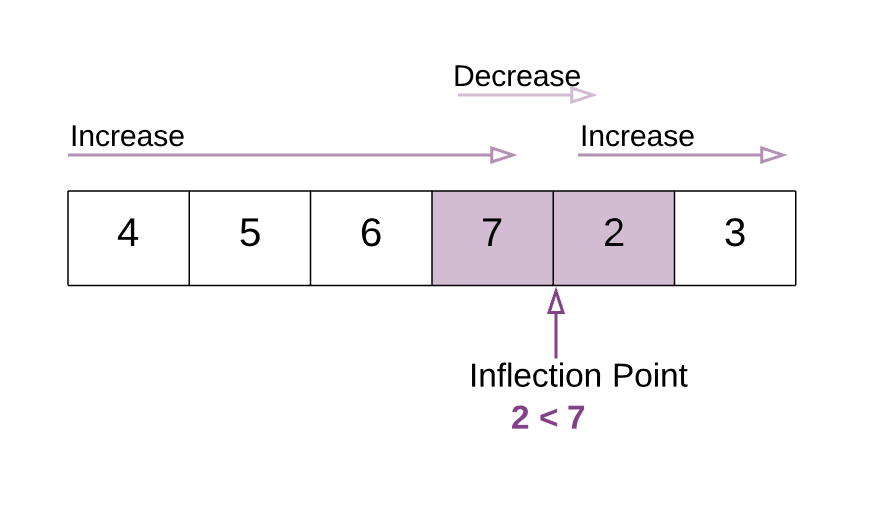
In this tutorial, we'll take a look at how to declare and initialize Arraylist in Java.
List<String> strings = List.of("foo", "bar", "baz");This will give you an immutable List, so it cannot be changed. Which is what you want in most cases where you're prepopulating it.
List<String> strings = Arrays.asList("foo", "bar", "baz");This will give you a List* backed by an array, so it cannot change length. But you can call List.set(...), so it's still mutable.
You can make Java 8 Arrays.asList even shorter with a static import:
import static java.util.Arrays.asList;
...
List<String> strings = asList("foo", "bar", "baz");Any modern IDE* will suggest and do this for you.
I don't recommend statically importing the List.of method as just of, because it's confusing.
Why does it have to be a List? With Java 8 or later you can use a Stream which is more flexible:
Stream<String> strings = Stream.of("foo", "bar", "baz");You can concatenate Streams:
Stream<String> strings = Stream.concat(Stream.of("foo", "bar"),
Stream.of("baz", "qux"));Or you can go from a Stream to a List:
import static java.util.stream.Collectors.toList;
...
var strings = Stream.of("foo", "bar", "baz").toList(); // Java 16
List<String> strings = Stream.of("foo", "bar", "baz").collect(toList()); // Java 8But preferably, just use the Stream without collecting it to a List.
If you specifically need a java.util.ArrayList* If you want to both prepopulate an ArrayList and add to it afterwards, use
List<String> strings = new ArrayList<>(List.of("foo", "bar"));
strings.add("baz");or in Java 8 or earlier:
List<String> strings = new ArrayList<>(asList("foo", "bar"));
strings.add("baz");or using Stream:
import static java.util.stream.Collectors.toCollection;
List<String> strings = Stream.of("foo", "bar")
.collect(toCollection(ArrayList::new));
strings.add("baz");But again, it's better to just use the Stream directly instead of collecting it to a List.